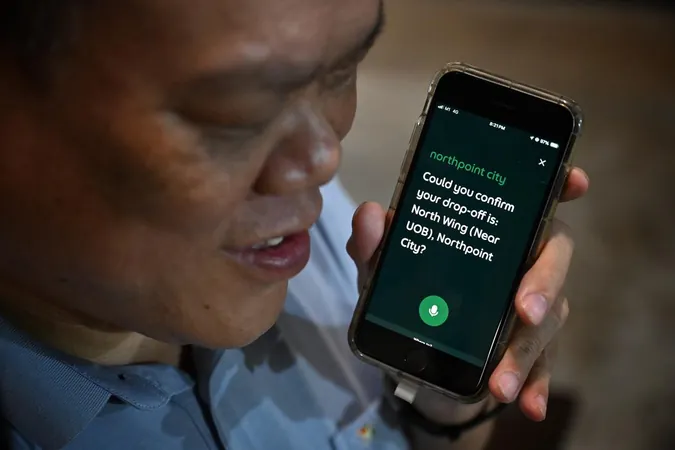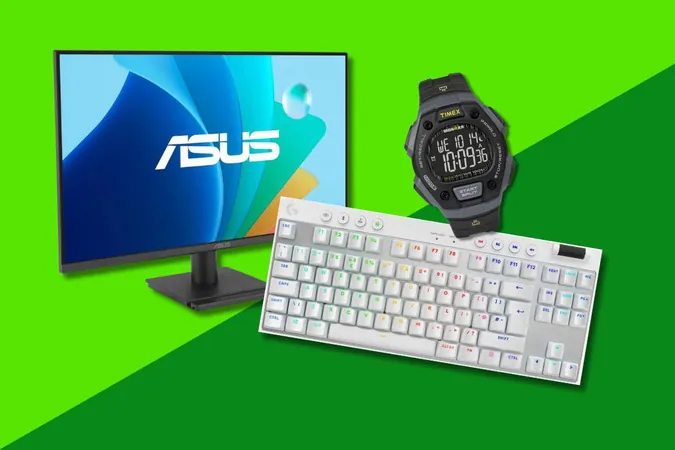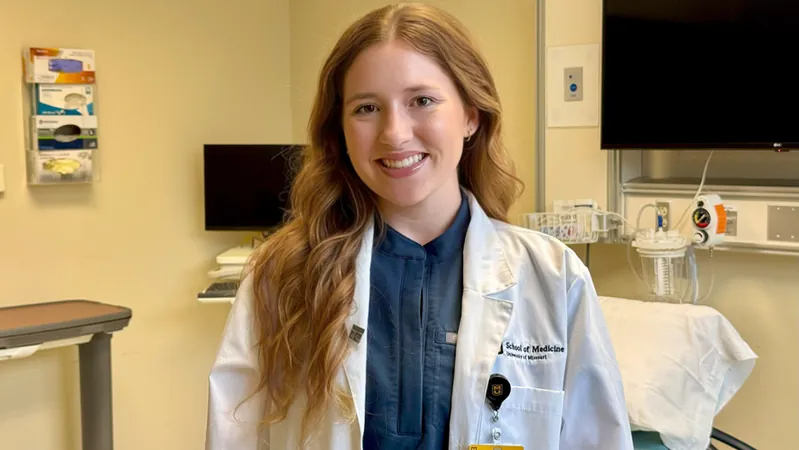
Grab Invites Users to Enhance Voice Assistant for the Visually Impaired
2025-07-19
Author: Jia
Transforming Rides for the Visually Impaired
In a groundbreaking move, Grab has revolutionized the travel experience for visually impaired users with its newly launched AI-powered voice assistant. This feature allows users like Mr. Peter Lim to book rides effortlessly using just their voice.
An Ongoing Challenge
While Mr. Lim, a 59-year-old call center employee, appreciates the innovation, certain locations still prove to be tricky for the assistant. Specifically, booking rides to places like Kalidasa Avenue remains a challenge due to the AI's struggle with understanding local speech patterns.
Join the Voice Revolution!
To improve its voice recognition capabilities, Grab initiated a call for voice samples from users in late June. The AI, powered by OpenAI's GPT-4.1 and trained with 80,000 voice samples, currently understands Singaporean accents with 89% accuracy, but aims to boost that number to 95%.
Understanding the Diverse Singaporean Speech
Names of locations in Singapore can often have various pronunciations—like "Hougang" which may be said with or without the 'h,' and "Clementi" can be articulated in multiple ways. Grab is now focused on collecting a wide variety of voice samples to better understand these differences.
Collecting Voices for Improvement
Users have been invited to record names of the top 85% most popular locations in Singapore. So far, nearly 10,000 recordings have been submitted, contributing to a more accurate navigation experience.
User Experience: A Mixed Bag
Mr. Lim finds the assistant helpful, especially as it suggests potential destinations based on the time of day. However, he notes its current understanding is around 90% accurate. The AI assistant is primarily available for users who enable the talkback feature on their devices.
Voices that Matter
Members from the Singapore Association of the Visually Handicapped (SAVH) played a crucial role in testing the assistant before its official launch. Ms. Lyn Loh, who leads accessibility services at SAVH, observed significant improvements in the assistant’s responsiveness during real-world tests.
Future Aspirations
Ms. Loh envisions broader applications for the voice assistant, such as facilitating food deliveries, citing her personal challenges during the pandemic when navigating visual cues became impossible.
Safety and Privacy Assured
Grab assures users that all voice recordings are encrypted and stored securely for one year without linking to personal identifiers. This measure aims to build trust as they work to enhance accessibility.
Hope for All Users
Both Mr. Lim and Ms. Loh expressed optimism that the voice assistant will eventually serve not just the visually impaired but also the elderly and individuals with physical disabilities, turning speech into a seamless method of interaction.




 Brasil (PT)
Brasil (PT)
 Canada (EN)
Canada (EN)
 Chile (ES)
Chile (ES)
 Česko (CS)
Česko (CS)
 대한민국 (KO)
대한민국 (KO)
 España (ES)
España (ES)
 France (FR)
France (FR)
 Hong Kong (EN)
Hong Kong (EN)
 Italia (IT)
Italia (IT)
 日本 (JA)
日本 (JA)
 Magyarország (HU)
Magyarország (HU)
 Norge (NO)
Norge (NO)
 Polska (PL)
Polska (PL)
 Schweiz (DE)
Schweiz (DE)
 Singapore (EN)
Singapore (EN)
 Sverige (SV)
Sverige (SV)
 Suomi (FI)
Suomi (FI)
 Türkiye (TR)
Türkiye (TR)
 الإمارات العربية المتحدة (AR)
الإمارات العربية المتحدة (AR)